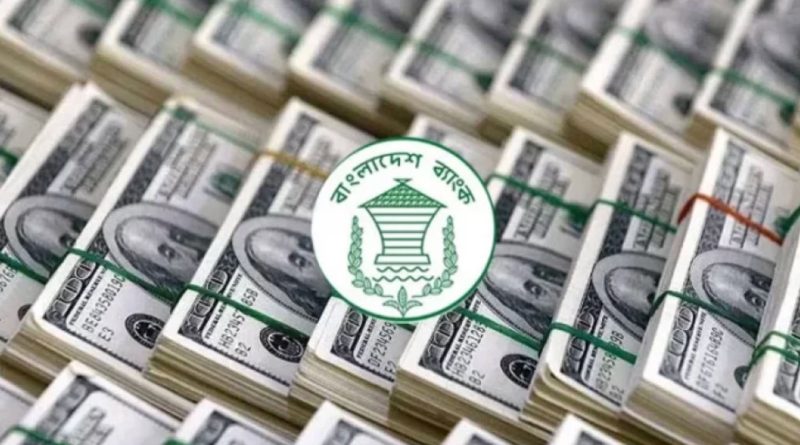Despite Bangladesh’s strong policy push toward a cashless economy, cash remains king, with more than 72% of all transactions still conducted in cash, according to the Bangladesh Bank’s latest Payment System Report.
Between December 2023 and December 2024, cash continued to dominate financial exchanges nationwide. In December 2024 alone, Tk19.58 lakh crore worth of transactions took place in cash — up from Tk18.53 lakh crore a year earlier. Over 45 crore cash transactions were recorded that month, accounting for more than half of all financial exchanges.
The report found that while digital payments are expanding, they are mostly used for small and medium-sized transactions, while high-value payments still rely heavily on cash or cheques. Large-value payments are typically settled through the Bangladesh Automated Cheque Processing System (BACPS).
Economists say the dominance of cash reflects the strength of the informal economy, where businesses largely operate outside the banking network.
“Cash still dominates. Most transactions occur in the informal sector,” said Zahid Hussain, former lead economist at the World Bank’s Dhaka office. “Unless these businesses are brought into the formal system, building a cashless society will remain a major challenge.”
He noted that sectors like transport, agriculture, and wholesale-retail trade prefer informality to avoid taxation and regulatory scrutiny.
Md Touhidul Alam Khan, managing director and CEO of NRBC Bank, pointed to both structural and behavioural barriers.
“Limited access to point-of-sale systems, low digital literacy, and trust issues with online platforms are key obstacles,” he said. “High internet costs, lack of smart devices, and a general reluctance to disclose financial information also keep people dependent on cash.”
Cultural habits also play a role. “Many people still prefer cash to maintain privacy or bypass documentation,” he added.
Still, there are signs of progress. The growing use of mobile banking, digital wallets, and QR-based payments indicates gradual change. “Bangladesh is in transition — digital adoption is rising, but the shift remains slow,” Touhidul said.
Economist Mustafizur Rahman, distinguished fellow at the Centre for Policy Dialogue (CPD), stressed the need to strengthen digital infrastructure. “Many educated people still hesitate to use digital platforms. But once established, a cashless system could reduce the cost of printing money,” he noted.
To accelerate this shift, Bangladesh Bank has made QR-code payment enablement mandatory for trade licence issuance and renewal. It also launched Bangla QR, the national QR standard, now used by 43 banks, five mobile financial service providers, and three payment service providers.
The government aims to make all transactions cashless by 2031 under its Smart Bangladesh 2041 vision, built on four pillars — Smart Citizens, Smart Economy, Smart Government, and Smart Society.
Globally, countries such as Sweden, Finland, the Netherlands, China, and South Korea lead in reducing cash dependency.
Even so, Bangladesh’s journey toward a cashless economy remains a gradual transition, as experts warn that unless the informal sector is formalized and digital access gaps are bridged, cash will continue to rule the country’s financial landscape.






